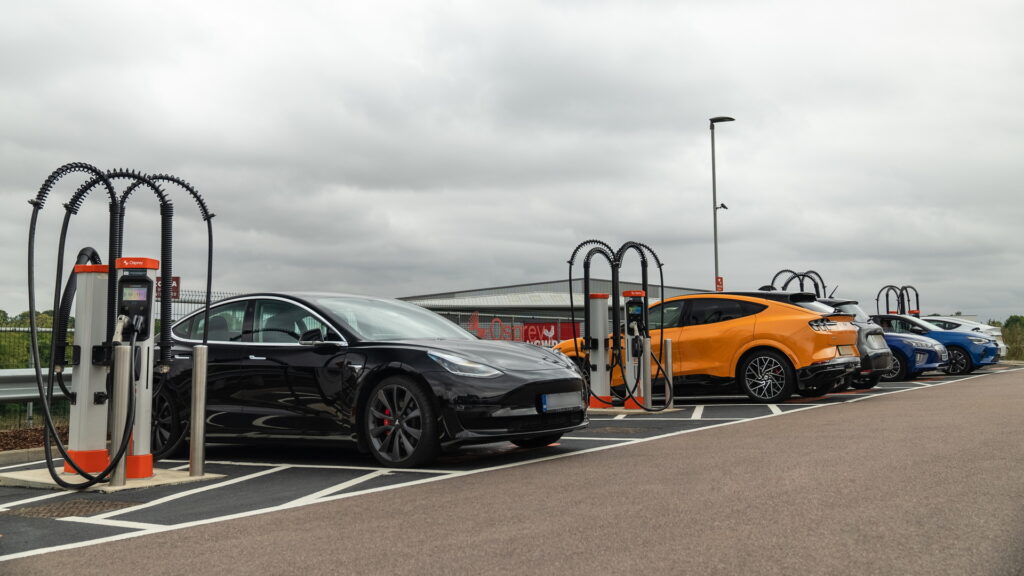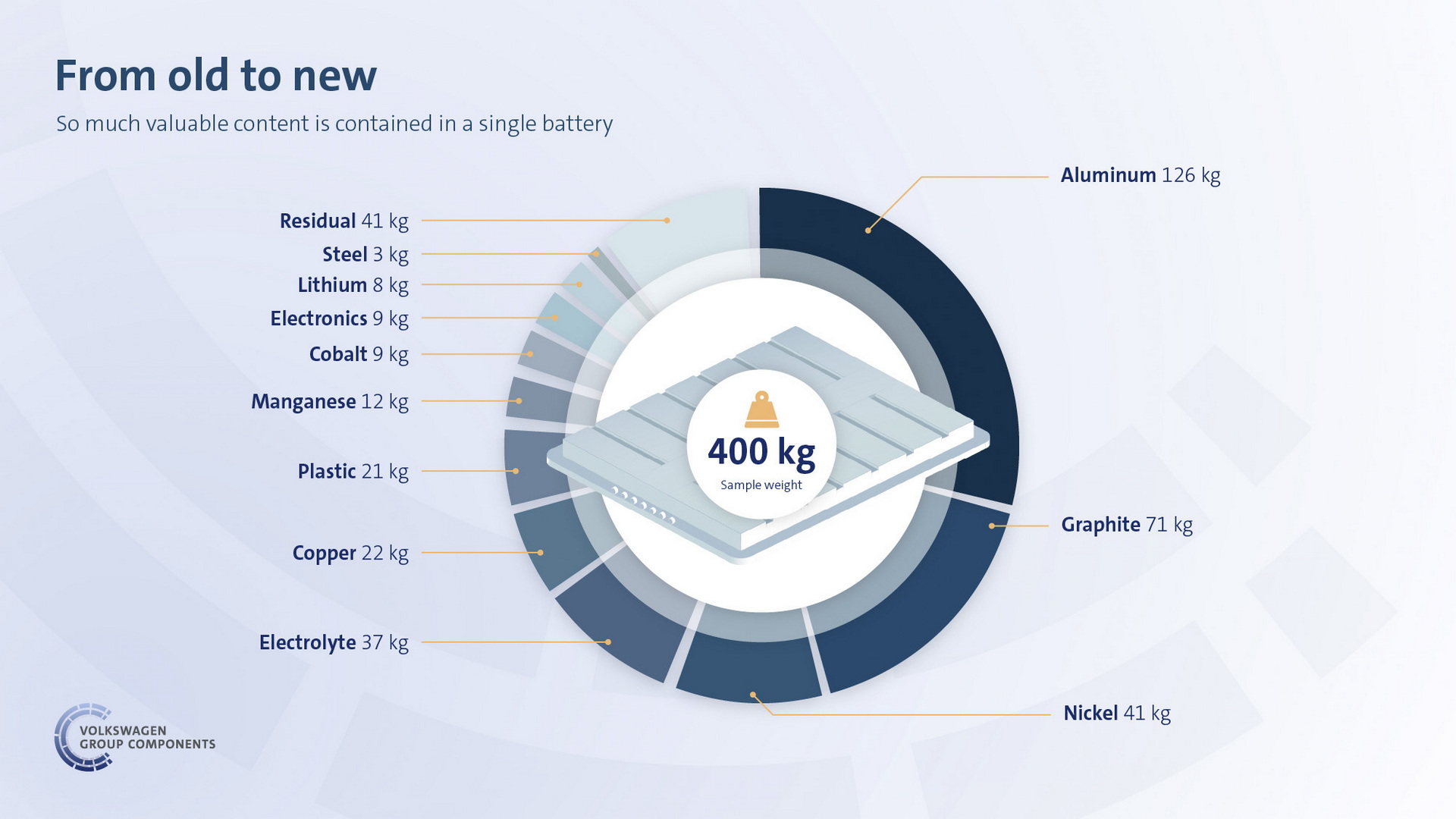The European Union came to a provisional political agreement that aims to make batteries for electric vehicles more sustainable, safer, and easier to recycle.
From as early as July 2024, manufacturers will have to report their batteries’ entire carbon footprint, from mining to production, and even into recycling. With that data, the EU will set maximum CO2 limits for batteries that could come into as early as July 2027.
“Batteries are already far more sustainable than burning oil in our cars, but they can be much better,” said Alex Keynes, the clean vehicle manager at Transport & Environment, Europe’s leading campaigner for green transport. “New rules on carbon footprint, recycling and due diligence checks will mean batteries sold in Europe are the most sustainable globally, setting the standard for the rest of the world.”
Read: Renault Targets $2.2 Billion Annual Revenue By Recycling Old Cars
According to the EU, companies will be forced to recover more and more batteries over time and to recycle important materials from them, such as copper, cobalt, lithium, nickel, and lead. They will also have to recover lithium from batteries, with producers expected to recycle 50 percent of their lithium by 2027, and 80 percent by 2031.
Companies that wish to sell on the European market will also be forced to prove that the materials that went into their batteries in the first place were sourced responsibly. That means looking at how the components were extracted, processed, traded, and manufactured. The law will seek to ensure that clean batteries can’t be undercut by batteries made using dirty energy or producers that abuse human rights.
“The law helps even the playing field between Europe’s battery industry and imports which are subject to minimal standards,” said Keynes. “Global producers can invest in cleaner production processes and new recycling capacity in Europe, knowing they will have a guaranteed market for green batteries here.”
The European Parliament and the Council will now look to adopt this regulation formally. More intensive rules will be written over the coming years and will be adopted from 2024 to 2028. The rules will replace existing regulations that were adopted in 2006.






